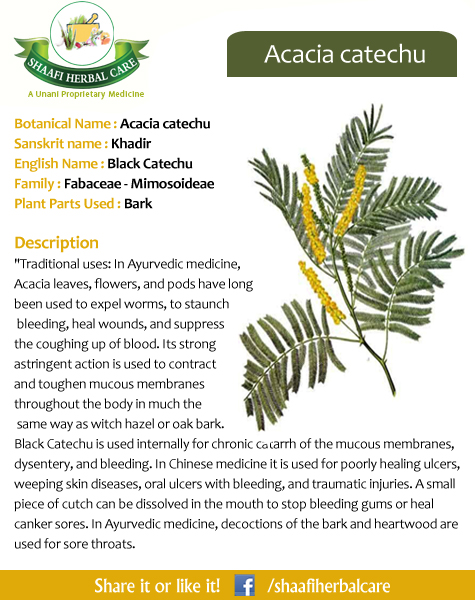Description Malabar nut is a small evergreen, subherbacious bush. The leaves are 10 to 16 cm in length, minutely pubescent and broadly lanceolate. When the leaves are dried, they appear dull brownish green in color and taste bitter. The inflorescence is dense, short pedunculate, bractate and spike terminal. The corolla is large and white, with …
Herbs
Benefits of Herbs
Acorus calamus
Description Calamus is found all over the world. It is a semi-aquatic perennial, which is cultivated in damp marshy places in India and Burma. The plant is big in size, with leaves in the shape of sword and yellow-green in color. Calamus is quite common in Manipur and the Naga Hills of India and is …
Aconitum spp
Aconite is a plant. The root is used as medicine. However, aconite contains some poisonous chemicals. In Hong Kong, aconite is the most common cause of severe poisoning from herbs. In Asia, toxicity is usually related to the use of aconite in traditional medicines. In western countries, aconite poisoning is usually associated with consuming the …
Achyranthes aspera
General information: The many therapeutic benefits of Prickly Chaff Flower have been documented in Indian and Chinese medicinal manuscripts. According to Ayurveda, it is bitter, pungent, heating, a laxative, a stomachic, a carminative and useful for the treatment of vomiting, bronchitis, heart disease, piles, itching, abdominal pains, ascites, dyspepsia, dysentery and blood diseases (Flora of …
Achillea millefolium
Benefits of yarrow Yarrow fights bacteria. Yarrow has an antiseptic action. The bitter parts and fatty acids encourage bile flow out of the gallbladder, known as the cholagogue effect. The free-flowing action improves digestion and prevents and gallstones from forming. Decongestant. Yarrow contains a drying effect and seems to improve coughs and sinus infections with …
Acacia Concinna
The leaves, barks, fruit pods of shikakai can all be dried, powdered and made into a paste at home. This paste will not produce the normal amount of lather like that produced by a regular shampoo, but can still be used as an effective cleanser. Shikakai contains natural low pH, which makes it a mild …
Acacia catechu
Description of Acacia Concinna : “Traditional uses: In Ayurvedic medicine, Acacia leaves, flowers, and pods have long been used to expel worms, to staunch bleeding, heal wounds, and suppress the coughing up of blood. Its strong astringent action is used to contract and toughen mucous membranes throughout the body in much the same way as …
Acacia nilotica
Botanical Name : Acacia nilotica/ arabica. Sanskrit name : Babbula, English Name : Indian Gum Arabic Tree, Black Babool Plant part Used: Bark Description of Acacia nilotica/ arabica. : It grows throughout the drier parts of India. It is a moderate-sized, almost evergreen tree with a short trunk, and a spreading crown. The bark is …
Abutilon indicum
Botanical Name : Abutilon indicum Sanskrit name : Atibala English Name : Indian Mallow, Country mallow, Indian abutilon, Monkey bush Family : MalvaceaePlant Parts Used : Whole Plant Description of Acacia Concinna : “An erect velvety-pubescent subshrub with suborbicular-ovate cordate coarsely crenate-serrate long-petiolate alternate leaves; pubescence of soft stellate pale hairs; flowers solitary in axils, …
Abrus Precatorius
Botanical Name : Abrus Precatorius Sanskrit name : Gunja English Name : Jequirity, Indian liquorice Wild Liquorice Family: Fabaceae Plant part used: Seed Primary Medicinal Uses Skin related problems Abrus precatorius is very effective in treating leucoderma. It you are infected with acne sores or boils, the leaves of the herb serve as a great …









